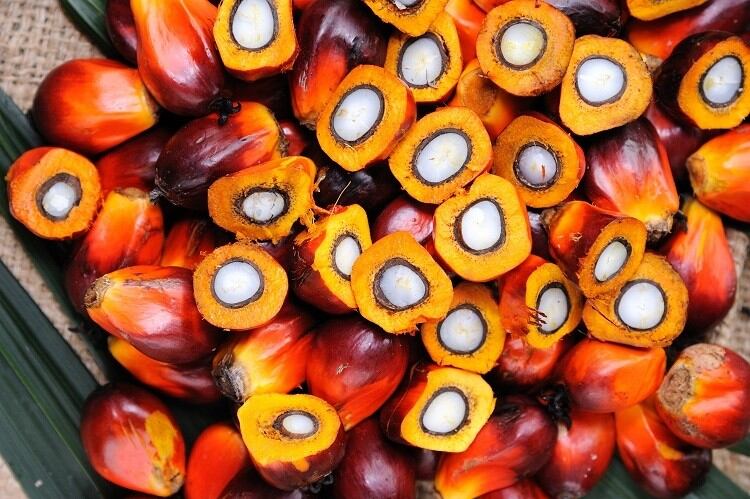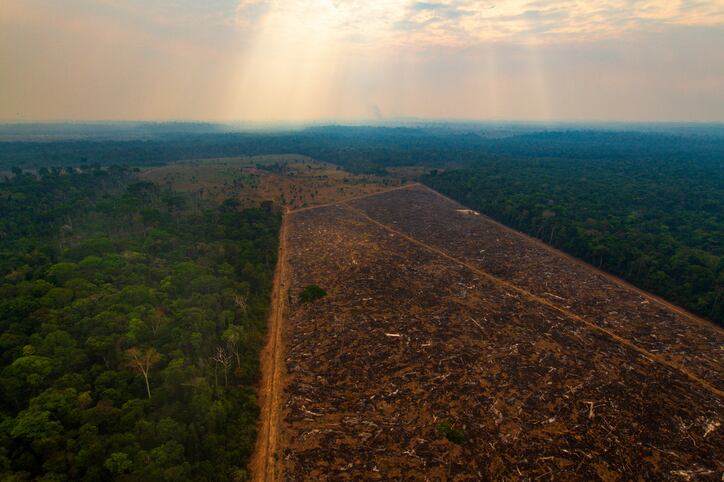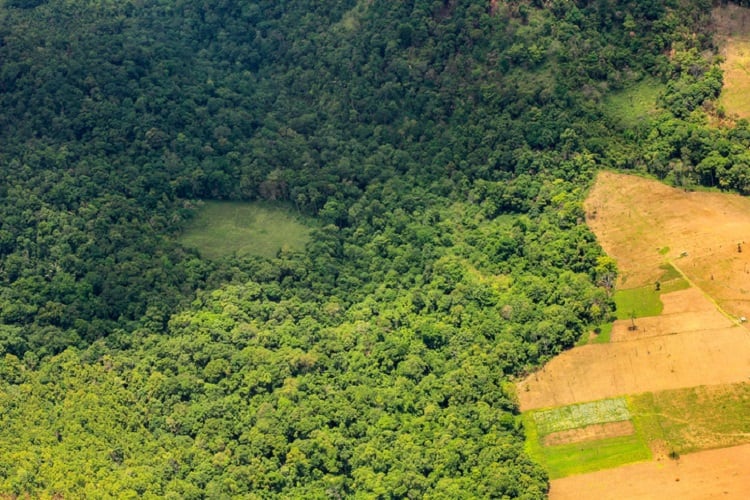The company has partnered with sustainability tech companies Earthqualizer and Satelligence to leverage real-time high-resolution satellite data.
Earthqualizer deploys a risk management tool that screens and monitors compliance with No Deforestation, No Peat, No Exploitation (NDPE) among palm oil refineries, mills, and plantations. The tool’s scope includes the verifying of parent company ownership. While Satelligence builds artificial intelligence, satellite technology, and supply chain data. It provides daily insights into the global performance of agricultural production and supply chain risks. Satelligence maps and monitors forests, planted palm areas, deforestation, and fire impact.
Alerts will be triggered by deforestation events in plantations, protected areas, peatland and any other area that has been identified as sensitive in and around AAK’s supplier operations. Events will be logged as grievances to take action, Anne Mette Olesen, Chief Strategy & Sustainability Officer at AAK, told Food Navigator.
“The two systems cover our global supply base for palm, and we are already seeing the benefits of our monitoring activities.”
On what this action could look like, Olesen continued: “AAK believes in the concept of engagement to transform and drive on-the-ground changes. If suppliers or groups are not responding positively to engagement and are not compliant with our policy, AAK will consider suspension in close collaboration with its tier 1 suppliers. Details of grievances received are shown transparently on our website, as is the list of mills in our supply base. We respond positively to any credible allegations. We are continuously driving progress and improvements with our tier 1 suppliers and also their direct and indirect supply base.”
AAK generally buys refined palm oil. This means it does not purchase directly from mills or smallholder growers. However, the company is working to support smallholders in particular focusing on issues around land rights, Olesen explained.
“We are aware of the dilemma relating to smallholders, who have a right to feed their families and who may not be aware of sustainability practices. Therefore, we support a number of schemes which encourage sustainable practices by smallholders. AAK’s work with smallholders in Sabah has highlighted issues with land rights. A baseline study indicates that only 20% of smallholders have land title, a requirement for RSPO certification.”
2025 ambition: 100% deforestation-free palm oil
AAK president and CEO Johan Westman said that the monitoring technology will help progress the company’s efforts to move to deforestation-free certified palm oil by 2025.
“By 2025, our goal is that 100% of the palm oil that we source should be 100% verified deforestation-free,” he noted.
The verified deforestation-free goal includes all the palm, palm kernel and its derivatives, that AAK sources globally from tier 1 suppliers and their supply base, both direct and indirect.
Setting science based carbon targets
In addition to its target of deforestation-free and conversion-free palm and soy supply chains by 2025, AAK has recently signed up to set binding targets for CO₂ emissions reductions to be approved by the Science Based Targets initiative (SBTi).
“AAK has committed to set science-based emissions reduction targets across the entire value chain, consistent with keeping global warming to 1.5°C above pre-industrial levels,” Olesen told us.
“This commitment is part of our overall commitment to make better sustainability happen and it will drive the reduction of greenhouse gas emissions and contribute to protect our climate and our communities as well as support our business in providing sustainable value-adding solutions.”
Towards the end of 2020, the company also signed the first global Sustainable Coconut Charter, which aims to improve farmer livelihoods, lessen the carbon footprint of coconuts, and boost supply to meet rising global demand.




